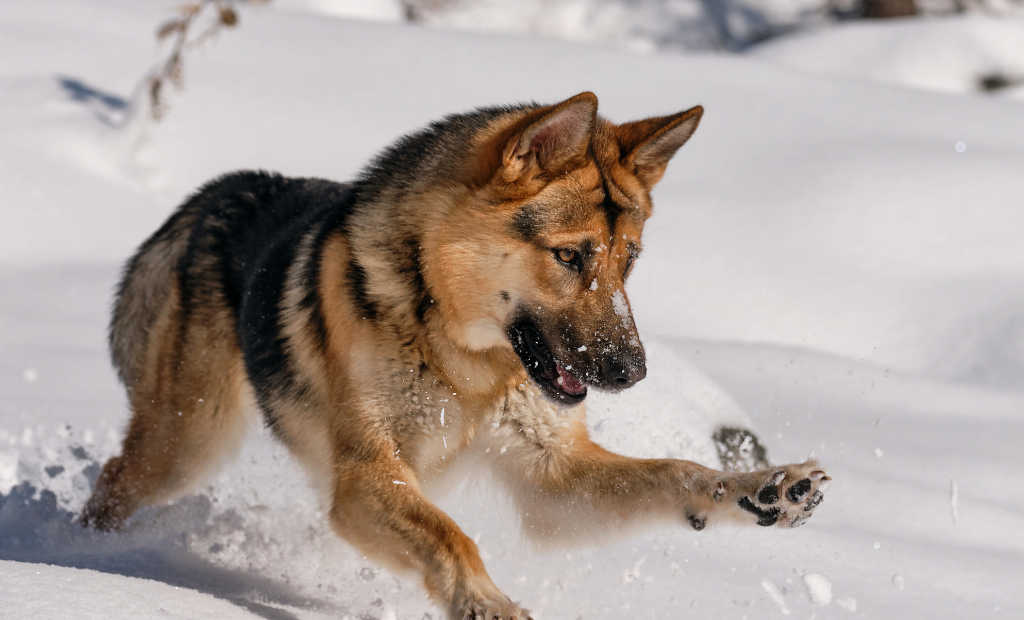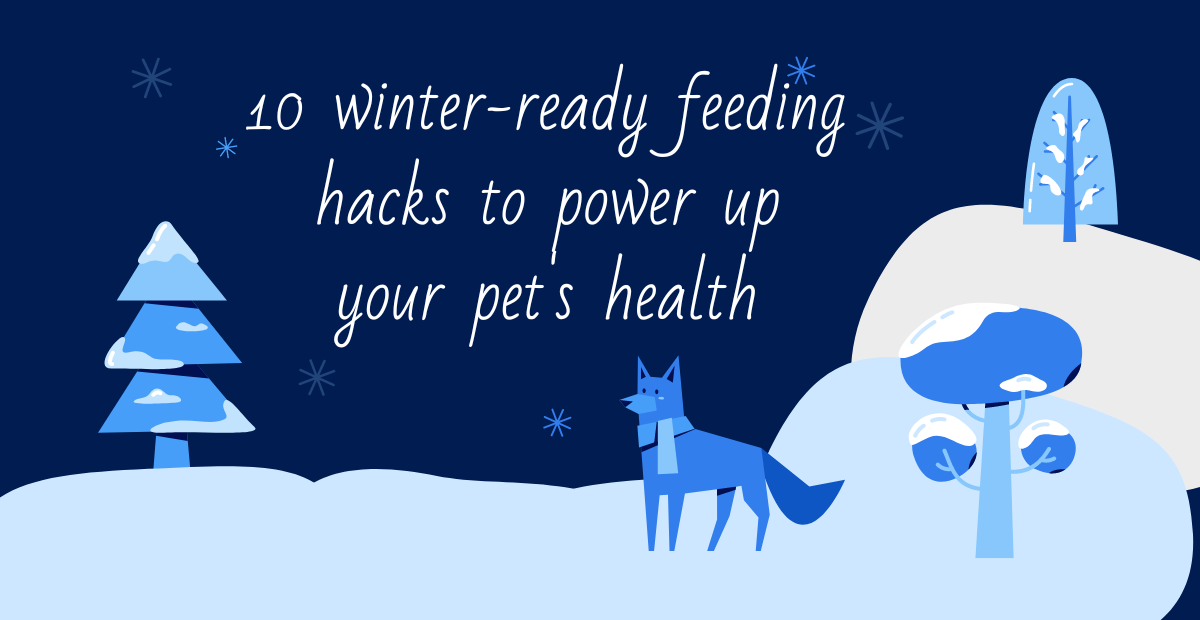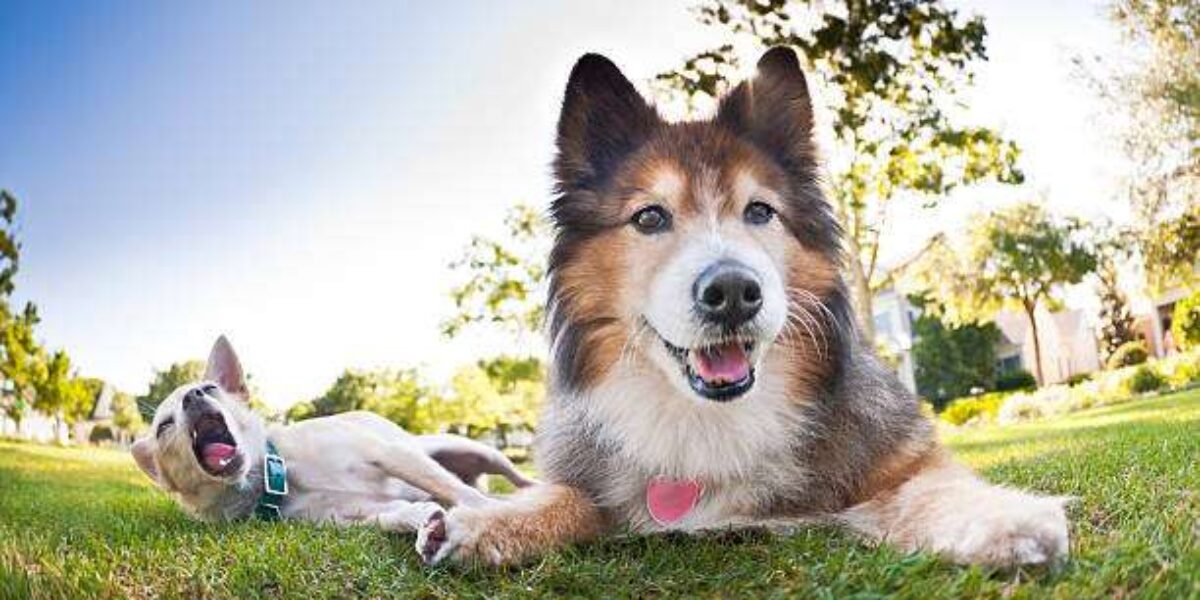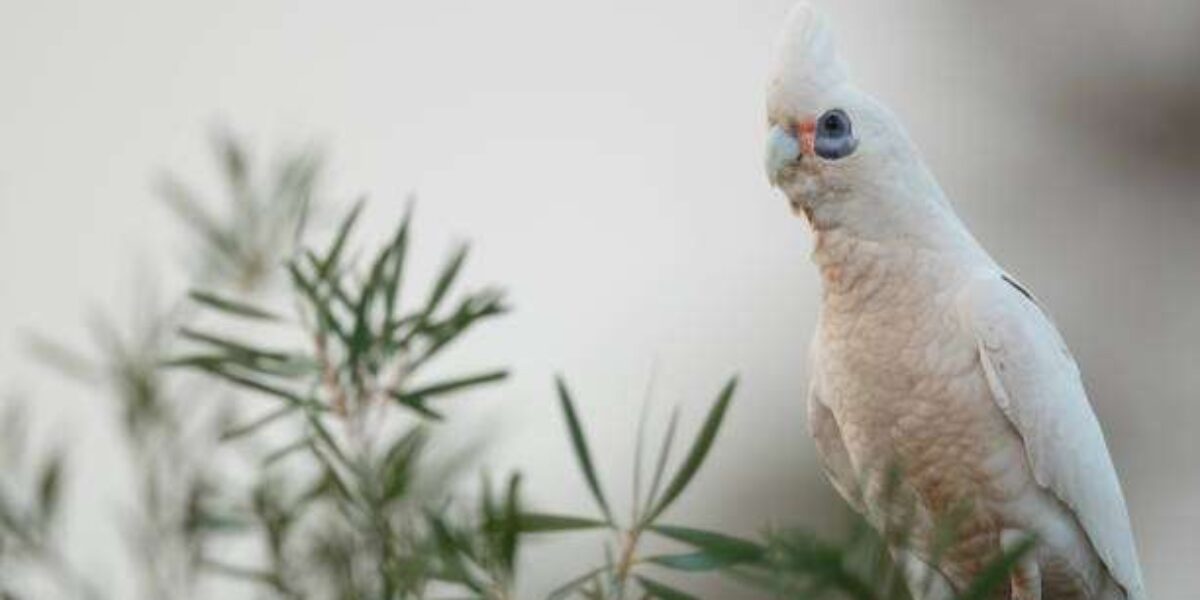Last updated on February 4th, 2024 at 04:32 pm
Taking care of your pets health becomes even more vital as winter arrives. Our pets have unique requirements throughout the winter, just like people. One such necessity is their food. To keep your pets happy and healthy over the winter, follow these easy tips:
1. Modify the meal portion sizes:
- Some pets may become less active during the colder months.
- To avoid unwanted weight gain, alter your pet’s meal portions appropriately.
2. Offer a well-balanced diet to maintain pets health:
- Make sure the food your pets eat is nutritious and well-balanced.
- To find out what special food your pet requires throughout the winter, speak with your veterinarian.
3. Add warm foods in winter diet:
- Include food that is warm or slightly heated in your pet’s meals.
- In chilly weather, pets may find warmer, moister food tempting and soothing.
4. Retain hydration:
- When the weather becomes colder, pets might consume less water.
- To keep them well-hydrated, offer them fresh, lukewarm water to encourage hydration.

5. Take high-quality pet food into consideration:
- Invest in pet food that is of the highest quality and fulfils your pet’s dietary needs.
- To maintain the health of your pet’s coat, look for products that provide essential fatty acids.
6. Omega-3 fatty acid supplementation:
- With the dry winter air potentially affecting skin and coat health, omega-3 fatty acids can aid.
- Prior to introducing any supplements into your pet’s diet, speak with your vet.
7. Use treats caution in winter :
- To prevent gaining weight, cut back on the quantity of treats, particularly those high in calories.
- Snack on goodies that offer extra advantages, such as those that improve oral health.
8. Warm up chilled food:
- Consider warming up the food a little bit if your pet prefers wet food.
- This can improve the food’s taste, particularly for animals who are cold-sensitive.
9. Regular feeding schedule:
- Maintain a routine feeding schedule.
- Regular meals contribute to the general well-being of pets, which thrive on routine.
10. Keep track of body weight changes:
- Pay attention to your pet’s weight in the winter.
- Unexpected weight increase or loss could point to a need for a veterinarian appointment or dietary changes.
In conclusion, meeting the dietary requirements of your pets in the winter does not have to be difficult. Your animal companions may stay happy and healthy throughout the winter by following a few easy dietary changes and paying attention to their preferences. For personalized guidance based on your pet’s particular needs, always seek the opinion of your veterinarian.




